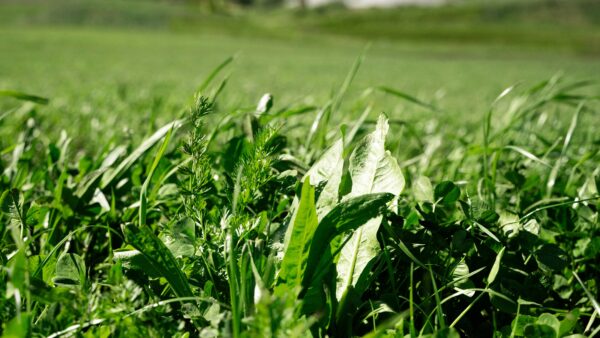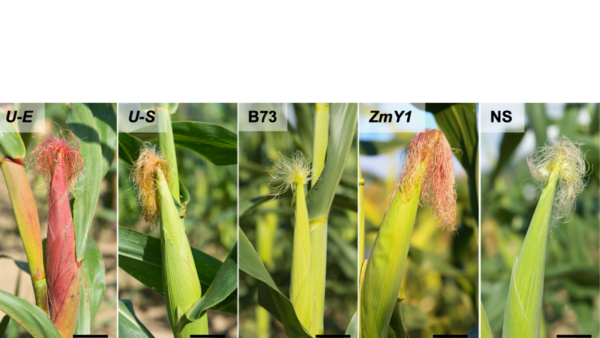These are findings from the study Korteketen Producten (‘short-chain products’) in the Netherlands, carried out by Wageningen University & Research on behalf of the Ministry of Agriculture, Nature and Food Quality and the Province of Gelderland.
At the moment, about 3 to 4% of the turnover from retail and catering consists of the so-called short-chain sales. That doesn’t seem like much, but it still involves a total of 2.2 billion euros. In a province like Gelderland, this involves a turnover of just over 250 million euros, which is a substantial flow of goods reaching the consumer via short chains.
Strict Demands on Farmers
Short chains appeal to the imagination. According to the European definition, a chain may be called a short chain if there is only one link between farmer and consumer. According to the researchers, those requirements are too strict for the farmers. They find that retail industries such as supermarkets and catering outlets demand professional management from farmers, meaning high demands on ordering, invoicing, quality management and marketing; none of which constitute the core business of farmers. Researcher Gemma Tacken of Wageningen Economic Research states: “If you put ‘short chains’ in the purchasing department, it becomes about efficiency and money, implying demand for an ordering system that farmers with short chains don’t necessarily have.”
The problem is that the procurement procedures are very strict, with the delivery organised into specific time slots. “Many local providers cannot handle that. Farmers cannot always deliver on command, so that’s a real barrier for them – they often cannot meet those conditions. In order to keep things going, other companies have to be in the middle again – an extra link between, for example, a supermarket and the farmer, which cancels the possibility of falling in the category of ‘short chain’ according to the EU’s definition.”
Place in the Organization Determines Opportunities for Farmers
This research shows that many catering and retail firms have a short-chain policy, but how they categorise it differs considerably. According to the researcher, ‘short chains’ are often seen as the competence of the purchasing departments. Tacken notes that if you categorise it under purchasing, it becomes all about efficiency and money, which in turn demands that ordering system that farmers have difficulty with. Some companies have made short chains a strategic spearhead and have placed the chain policy directly under the organisation’s management. Tacken: “There is something to be said for both, but reasoning from a strategic angle often leaves a little more wiggle room.”
It is up to Farmers, Catering and Retail
Broadly speaking there are three important steps to take for providers such as farmers in order to meet the requirements of the retail and the catering industries and to make chains as short as possible. They can further professionalise in the areas of quality, food safety, marketing, storytelling, logistics, ordering systems, etc. They must also, however, encourage consumers to eat seasonal products available in the Netherlands. Especially in winter, so much is imported that consumers are erroneously led to believe that most products that can be grown in the Netherlands are available all year round. This implies no more green beans from Kenya.
On the other hand, the retail and catering industries that want to buy from the farmers must carefully consider where they will place this sustainability policy in the organisation. In order to take short-chain policy more seriously, companies should stop seeing this policy as merely a purchasing competence. The researchers conclude that “a good match between producers and buyers requires sales channels to become aware of how they can integrate short chains into their existing systems and ways of working.”
Source: Wageningen University & Research












